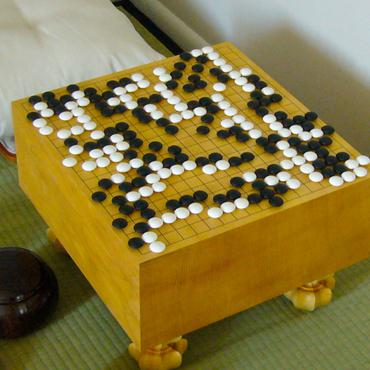Board Games
42 papers with code • 0 benchmarks • 2 datasets
Benchmarks
These leaderboards are used to track progress in Board Games
Libraries
Use these libraries to find Board Games models and implementationsMost implemented papers
RLCard: A Toolkit for Reinforcement Learning in Card Games
The goal of RLCard is to bridge reinforcement learning and imperfect information games, and push forward the research of reinforcement learning in domains with multiple agents, large state and action space, and sparse reward.
Regular Boardgames
We propose a new General Game Playing (GGP) language called Regular Boardgames (RBG), which is based on the theory of regular languages.
Obstacle Tower: A Generalization Challenge in Vision, Control, and Planning
Unlike other benchmarks such as the Arcade Learning Environment, evaluation of agent performance in Obstacle Tower is based on an agent's ability to perform well on unseen instances of the environment.
Learning to play the Chess Variant Crazyhouse above World Champion Level with Deep Neural Networks and Human Data
Crazyhouse is a game with a higher branching factor than chess and there is only limited data of lower quality available compared to AlphaGo.
Monte-Carlo Graph Search for AlphaZero
The AlphaZero algorithm has been successfully applied in a range of discrete domains, most notably board games.
Monte Carlo Q-learning for General Game Playing
GGP problems can be solved by reinforcement learning.
A0C: Alpha Zero in Continuous Action Space
A core novelty of Alpha Zero is the interleaving of tree search and deep learning, which has proven very successful in board games like Chess, Shogi and Go.
Explain Your Move: Understanding Agent Actions Using Specific and Relevant Feature Attribution
We show through illustrative examples (Chess, Atari, Go), human studies (Chess), and automated evaluation methods (Chess) that SARFA generates saliency maps that are more interpretable for humans than existing approaches.
Planning in Stochastic Environments with a Learned Model
However, previous instantiations of this approach were limited to the use of deterministic models.
Split Moves for Monte-Carlo Tree Search
These decisions can be viewed as separate moves, which is already a common practice in multi-action games for efficiency reasons.
 Obstacle Tower
Obstacle Tower
 Cards Against Humanity
Cards Against Humanity




